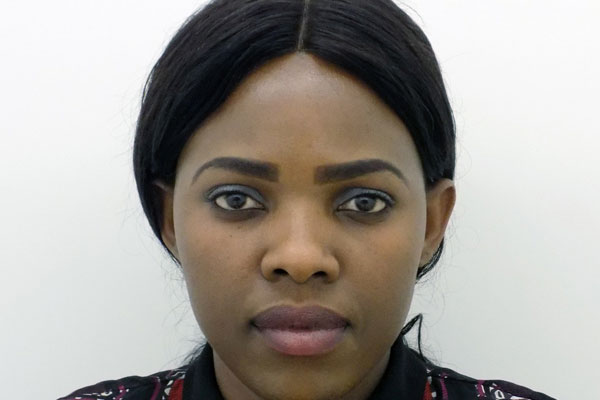
WASHINGTON DC — Reporters Without Borders (RSF) will pressure the Zimbabwean government to respect Press freedom as the country heads towards general elections next year.
BY HAZEL NDEBELE

This comes as Zimbabwe has dropped four places to 128 out of 180 countries in RSF’s 2017 World Press Freedom Index.
At an ongoing reporting tour in the United States titled Media Literacy and Press Freedom in the 21st Century, RSF advocacy and communications director for North America, Margaux Ewen said the organisation would be actively monitoring Zimbabwe as the country approaches elections.
The reporting tour, being attended by 18 journalists from across the globe, was organised by the US government’s Foreign Press Centre, which falls under the Bureau of Public Affairs.
“We do cover Africa and we have representatives, who will monitor the election period because we do notice that in any region in the world, there is always consistent efforts by oppressive regimes to silence the Press and not allow access to information,” Ewen said responding to a question on what could be done for journalists to enjoy Press freedom.
She said through raising different concerns in its reports, RSF would advocate for Press independence and put pressure on the Zimbabwean and other governments to improve their Press freedom records.
RSF said, Zimbabwe ranked low in the World Press Freedom Index due to its draconian laws.
- Chamisa under fire over US$120K donation
- Mavhunga puts DeMbare into Chibuku quarterfinals
- Pension funds bet on Cabora Bassa oilfields
- Councils defy govt fire tender directive
Keep Reading
“Although the Constitution was amended in 2013, Zimbabwe’s media legislation has not evolved and continues to be very oppressive. It provides for heavy sentences for coverage of protests, governmental corruption, unemployment or poverty, and the authorities still often target journalists,” RSF said.
“There were many cases of journalists being harassed, arrested, convicted, or physically attacked during a wave of protests in 2016. Foreign reporters are also targeted. Two of them were expelled in July 2016 despite having accreditation.”
Sections 61 and 62 of Zimbabwe’s Constitution guarantee the right to freedom of expression and freedom of the media and access to information. These rights include the exercise and enjoyment of free expression online through the internet, print and broadcasting media.
In its World Press Freedom Day statement last month, Media Institute of Southern Africa (Misa) Zimbabwe raised concerns on how the draft Computer Crime and Cybercrime Bill had the potential to infringe on freedom of expression.
“It is our well considered view that some of the Bill’s clauses (Computer Crime and Cybercrime Bill), if not amended, infringe on fundamental rights to free expression and access to information. The other Bills include the Data Protection Bill and Electronic Transaction and Electronic Commerce Bill,” the body said. “Misa-Zimbabwe urges government to ensure the proposed cybercrime laws do not erode constitutional rights to free expression online and offline.”
The media institute reiterated that while it was the government’s mandate to protect the country from crimes committed through the internet, the proposed laws should be fair, reasonable and justifiable in a democratic society.











